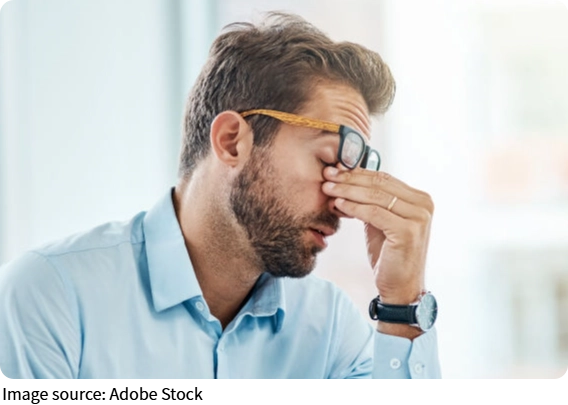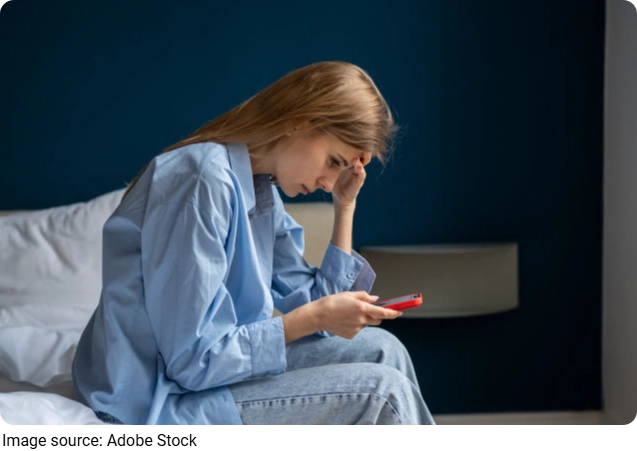Traffic Mind Trap

You know that moment—you're crawling along in gridlock, your hands gripping the steering wheel, your heart racing even though your car is barely moving. It's not just about being late or missing something. It's that tight, breath-holding tension that builds up from nothing but… sitting.
This isn't just stress. It's traffic anxiety. And it's a lot more common—and more harmful—than we tend to admit.
Let's unpack how traffic doesn't just slow down your commute, but quietly hijacks your nervous system. And more importantly, how to outsmart it.
1. The Hidden Psychology of Gridlock
Traffic creates a perfect storm of psychological stress:
✔ You feel out of control.
✔ There's no clear end in sight.
✔ You're stuck in close proximity to strangers.
✔ Every minute feels like lost time.
Dr. Wendy Suzuki, a neuroscientist at NYU, explains that unpredictability and lack of control are "two of the most powerful stress triggers for the brain."And traffic? It checks both boxes—every single day.
The result? Your brain switches into fight-or-flight mode… even though there's nothing to fight and nowhere to flee.
2. The Physical Toll You Don't See
What's interesting is that you're doing nothing physically, but your body reacts like it's under attack. When you're stuck in traffic, your cortisol levels can spike within 15–20 minutes. Chronically elevated cortisol has been linked to:
• Weakened immunity
• Sleep disruption
• Mood swings
A 2022 study by the University of Gothenburg found that long commutes—especially in urban traffic—were associated with a 21% increase in reported anxiety symptoms and 32% higher risk of developing high blood pressure.
That's the real trap: Traffic doesn't just steal time—it quietly chips away at your health.
3. Why the Same Jam Feels Worse on Some Days
Here's something subtle but important: Traffic anxiety isn't always about traffic. It's about what traffic triggers inside you.
Think about it:
• On one day, you might take a delay in stride.
• On another, you feel like screaming after two red lights.
What changed? Likely your mental state before you even got in the car.
The traffic isn't the problem. It's the amplifier.
If you're already feeling behind, overwhelmed, or tense, traffic turns into a pressure cooker. If you're relaxed, it becomes just background noise.
Understanding this helps you shift your focus—from the road to your response.
4. How to Outsmart the Trap: Practical Shifts
Let's be clear: You can't always avoid traffic. But you can absolutely control how it affects your nervous system. Here's how:
1. Reframe the delay
Instead of thinking, "I'm wasting time,"shift to "I'm being forced to pause.”
That tiny shift matters. Your brain interprets it as a break, not a crisis.
2. Use guided breathing—on the spot
Try this while stopped: inhale 4 seconds, hold 4, exhale 6.
Longer exhales signal to your brain: You're safe.
3. Don't multitask emotionally
Avoid making calls or checking emails in traffic—it just increases mental load.
Use the time to decompress, not stack more stress.
4. Try "commute buffering”
This comes from behavioral science: Schedule a 10–15 minute buffer after you park, before you start your day or walk into your home.
You're giving your nervous system a reset window.
5. Create a traffic ritual
Listen to the same playlist, audiobook, or meditation series. Ritual gives the brain a sense of predictability—reducing the perceived chaos.
5. When It's More Than Just Traffic
If you're noticing that even mild traffic triggers panic-like symptoms (shortness of breath, chest tightness, spiraling thoughts), it could be a form of situational anxiety or panic disorder. In those cases:
• Speak with a licensed therapist or counselor
• Consider cognitive behavioral therapy (CBT), which has shown strong success with traffic-related anxiety
• Apps like Calmerry, BetterHelp, or Headspace can offer starting points for therapy and coping tools
There's no shame in this—anxiety is extremely common. What matters is not letting traffic control your mind and mood long after the car is parked.

6. One Final Shift That Changes Everything
Here's a simple truth: Traffic doesn't change. You do.
If you can walk into your morning or your evening a little calmer, you'll do better work, speak more kindly to the people you care about, and probably sleep better that night. That makes your commute not a wasted hour—but a chance to practice calm in chaos.
And that? That might just be one of the most valuable skills you build all week.
So—next time you're at a red light, what will you choose to focus on? Let me know: Is traffic your stress trigger… or your new daily meditation?


